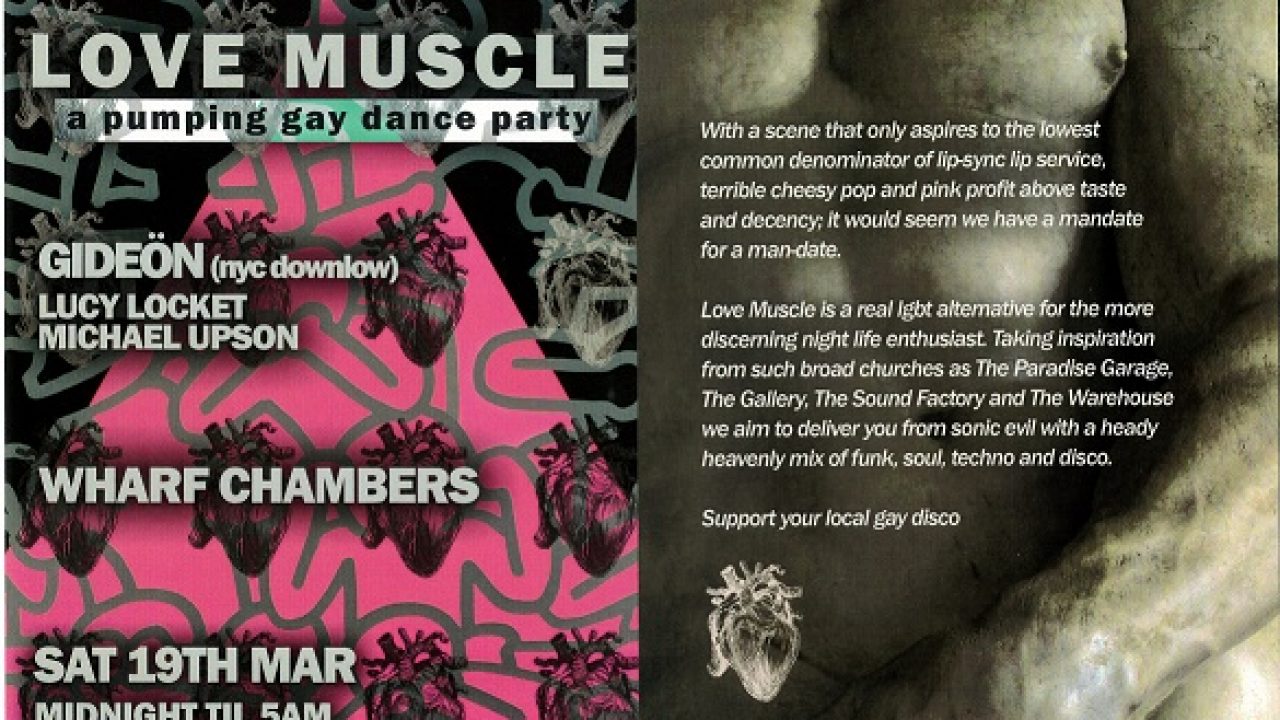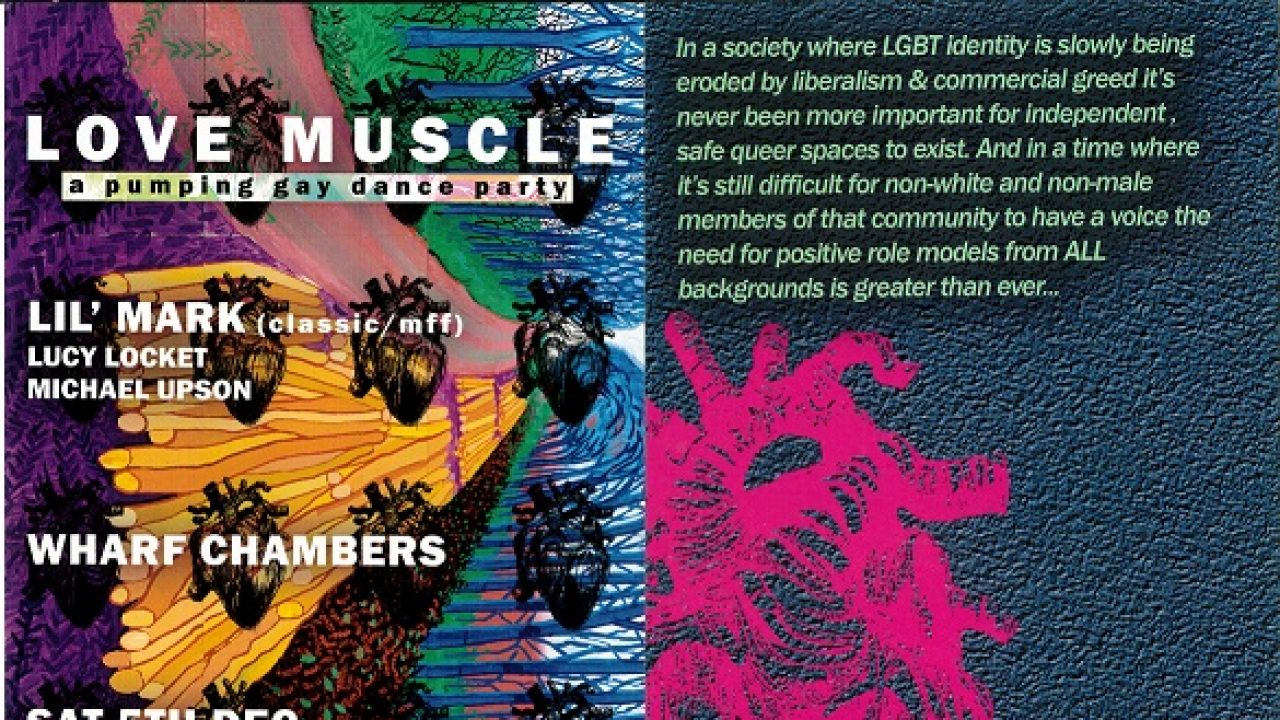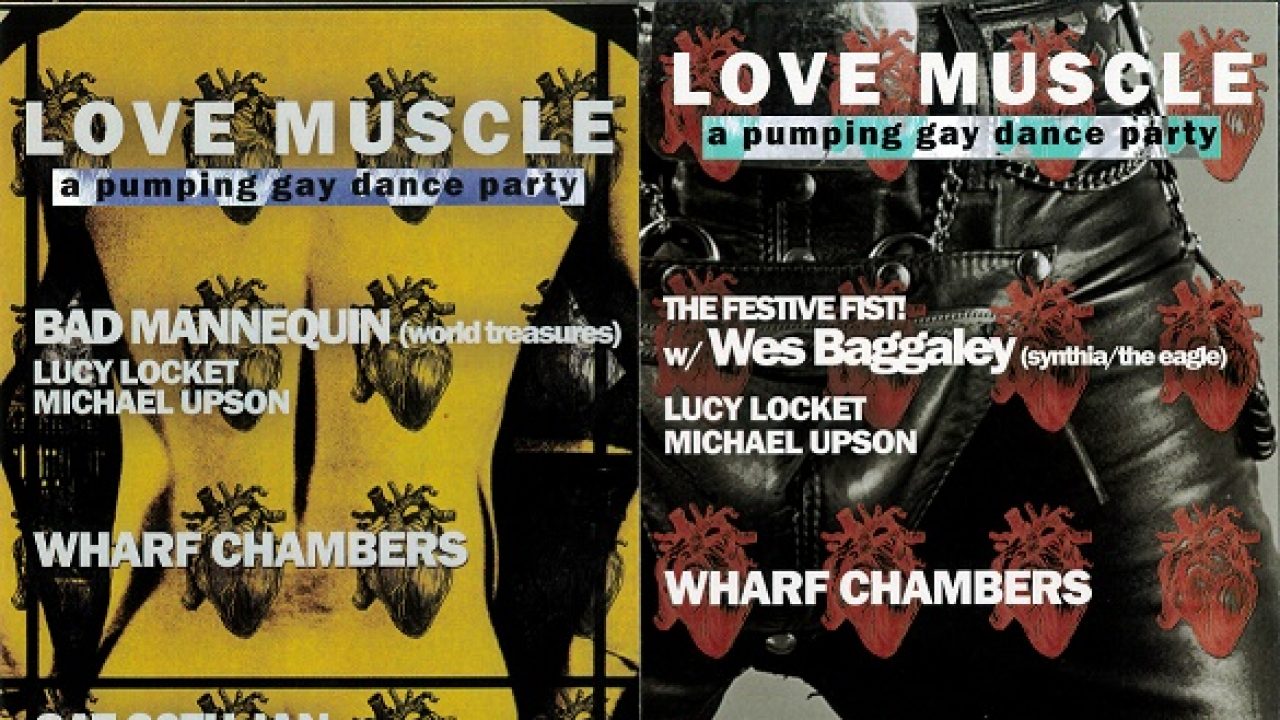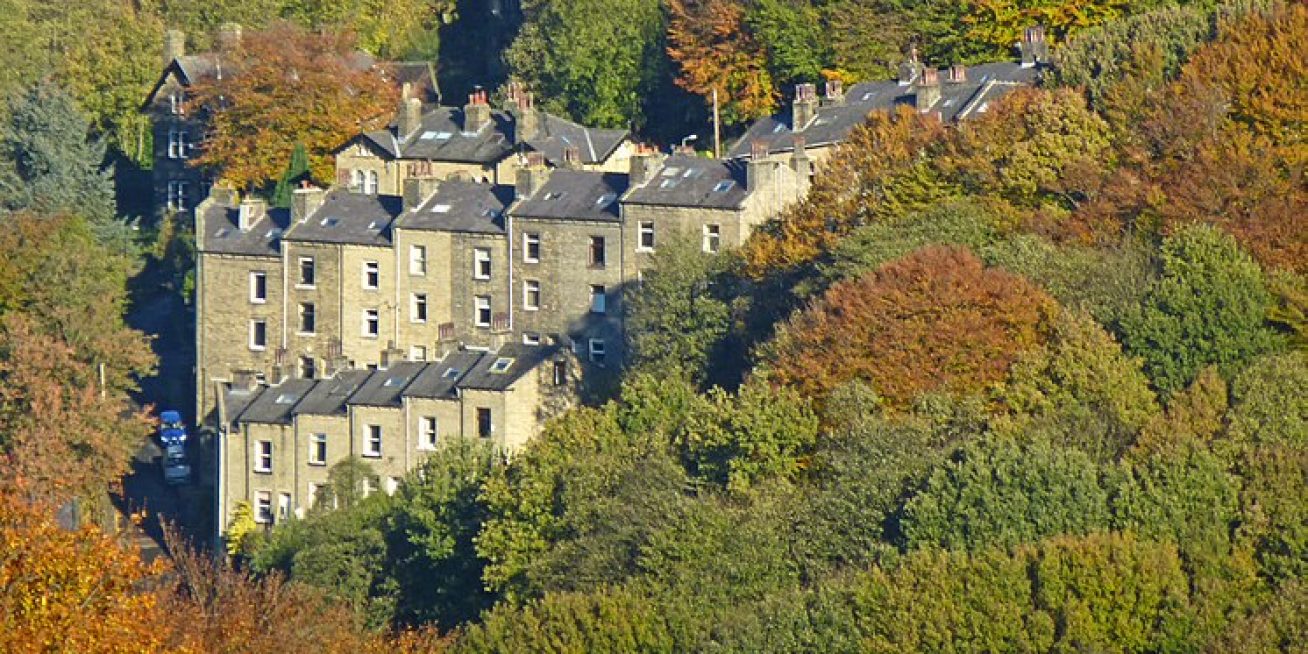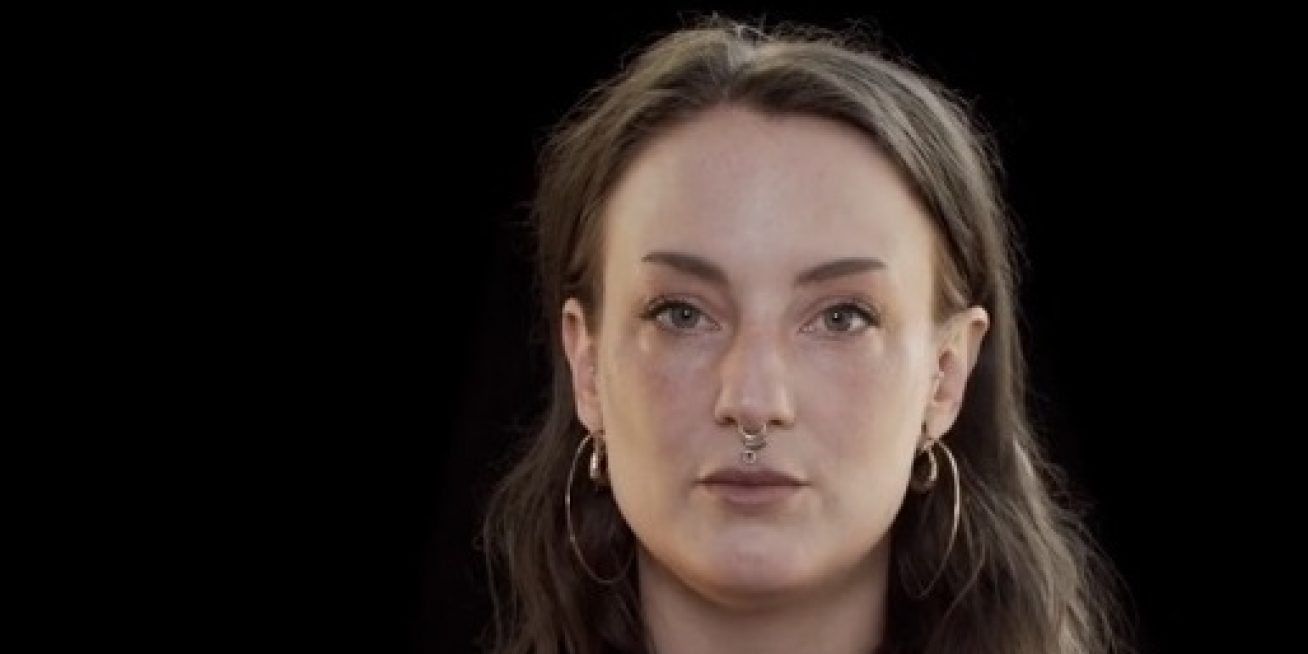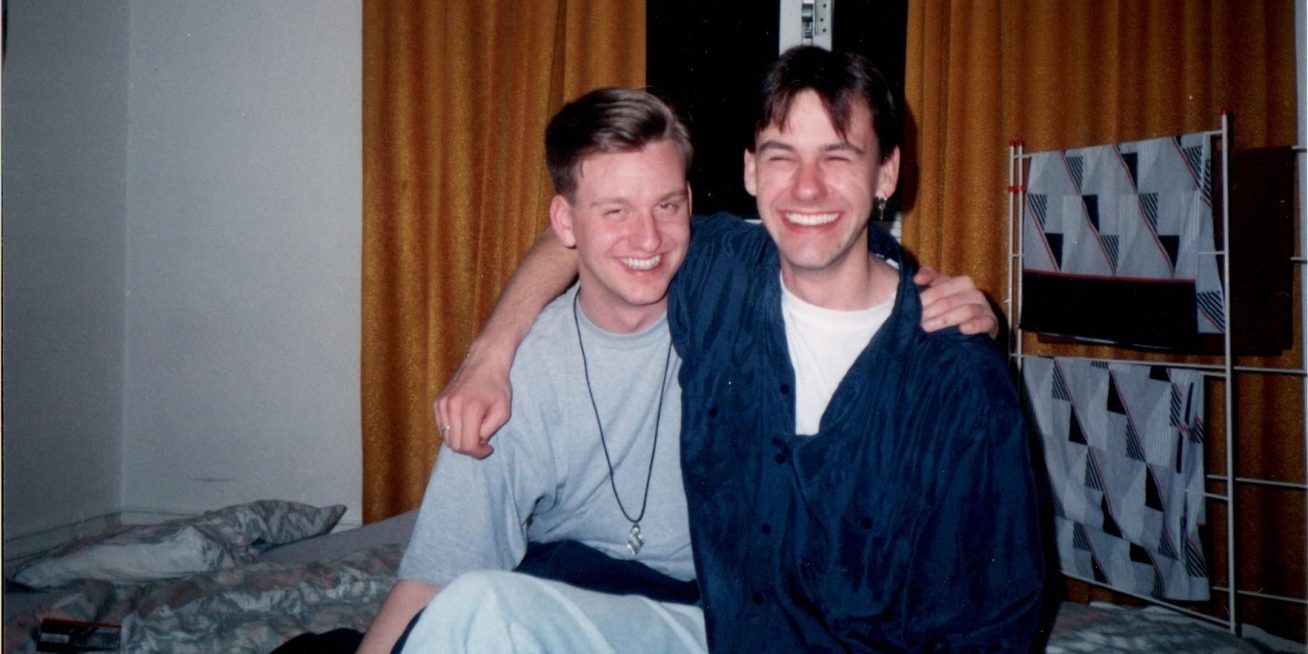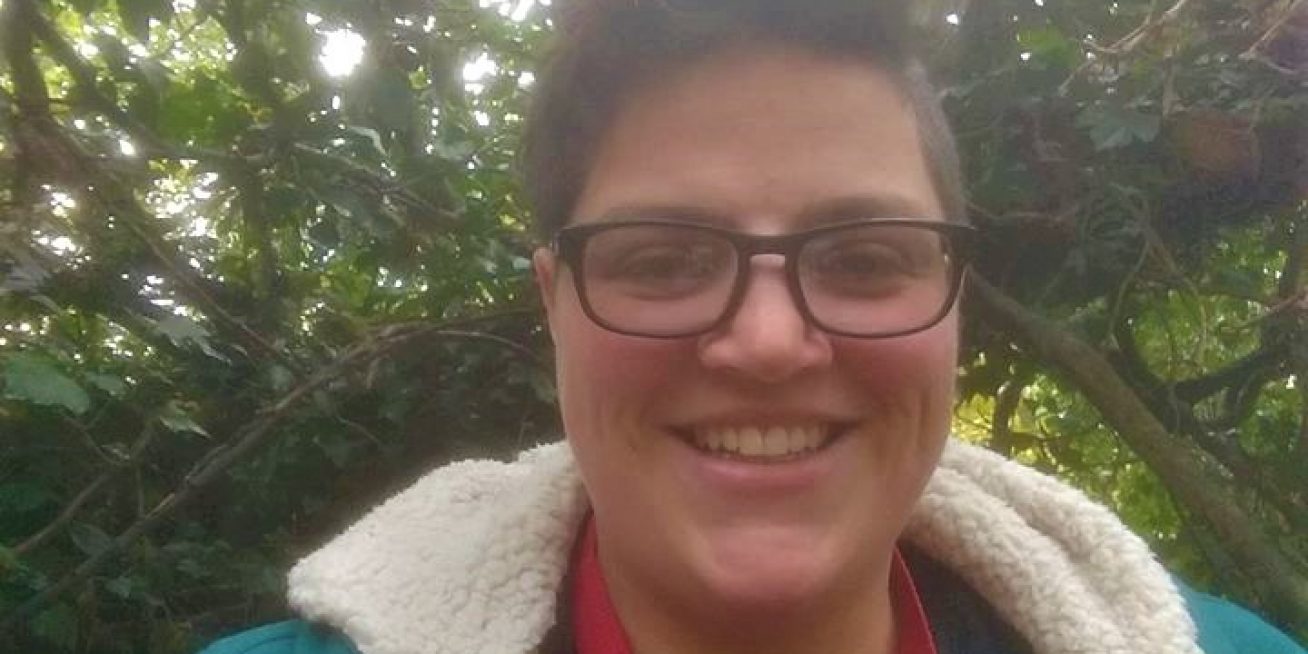Queer clubbing and Love Muscle
Michael talks about the different clubbing scenes that influenced him in setting up Love Muscle in Leeds.
TRANSCRIPT
MU: So I came to Leeds 11 years ago in September for University, mainly driven out of a club night called Back to Basics which was quite a famous old Leeds club night that still kind of runs today but not in the same regularity that it used to. And also for university, so I got on a philosophy course at Leeds. But mainly driven out of me wanting a sort of authentic clubbing experience and I felt that Leeds offered that. This was at a time when dance music was probably quite out of favour, and I had, sort of, I sought refuge in it I think as this weird kid at school who didn't really, not really, not get on with everybody else but didn't feel like he fitted in and had found this clubbing scene in Birmingham, and was going off to university and kind of wanted to replicate that I think.INTERVIEWER: Where did Back to Basics take place?
MU: So Back to Basics used to be at a number of venues – I mean it started in 1992 and it's been at the Music Factory I think was the first venue, then the Pleasure Rooms which was the old, the Grand Arcade by where like Merrion Street is now where all those like dodgy bars are, and then it moved to a place called Stinky's Peep House which was a kind of gay space, so they used to do gay parties there a lot on the Sunday, but it was just a lawless. like, three-levelled almost like a terraced house thing, like a large terraced house that had a good sound system. And they used to just get good DJs in from all over the UK and further afield and was quite famous at the time – that was probably before I'd really started to explore my sexuality but it definitely helped me to do that I think, or to at least start that process...
INTERVIEWER: So it wasn't a queer night?
MU: Not a queer night no, but historically had a big gay following. So, you know, in the mid-‘90s as a result of a couple of other really good queer nights in Leeds, like Vague and Speed Queen, Leeds had quite a good sort of discerning queer night life in terms of music and maybe like early, sort of early – trying to think what the word is... flutterings with safer spaces. So not quite safer spaces, I mean they weren't safer spaces but... the sort of beginning of. So they had – places like Vague and Speed Queen they had quite strict door policies so they tried to, you know, limit the, you know, people who may not be... who may not have the best intentions of everybody at heart... sort of like the, you know, people who may be a threat to some of the clientele. And they did that through, you know, what you were wearing and having a quite sassy-mouthed drag queen on the door just to try and keep the bullish away. But yeah, so that meant that Back to Basics, you know, historically had this queer crowd, a lot of their old mix-tapes are, you know... a few of them have got queer DJs so Jon Pleased Wimmin who was an old London collective. The Pleased Wimmin which were a sort of drag troupe in London and Jon was a DJ and he used to come up to Leeds quite a lot and DJ at Back to Basics. So I had a few of those tapes – so there was... it allowed me to access my queerness in as much as it was a... it was somewhere where I could express myself basically and it – I think definitely music had been such a big part in me finding myself and me having an identity that the two sort of go hand in hand – that sort of like queerness and feeling good about yourself through music.
INTERVIEWER: That's interesting, thank you. And so – could you please explain how you got from this Michael going to Back to Basics, to the Michael that was prompted to set up Love Muscle?
MU: I think I'd been to other cities and seen what resources queer people had. Music resources. Queer spaced night club resources that people had in other cities so – I think I did a couple of trips to Berghain.
INTERVIEWER: In Berlin?
MU: In Berlin. Which is sort of very famous for its sort of queer night life. I think what cemented it was, and what made me think well OK this could be done in the UK – because even in, even in London there were only a few places that were really doing a good job of it. So there was The Eagle in London which was sort of Horse Meat Disco's home that started in the sort of like mid-noughties. Obviously previous to that there had been lots of great queer night life but sort of me growing up in that sort of 2004/5/6/7-era there weren't really any cities doing good queer night life. Dalston Superstore. And then I suppose the thing that really cemented it was Glastonbury and the NYC Downlow at Glastonbury. So again accessing that as, in a sort of non-queer way but then stumbling across this like, oh wow, this is amazing I feel really at home, this is what I want. And then coming back to Leeds and thinking, right, how do I set that up? How do we do something like that here? Because you know, Glastonbury which, you know, on the face of it is this like really free, liberal, hedonistic place but it had no queer presence whatsoever so, you know, it was this weird kind of, you know... what’s the word?...yeah, it was a very specific type of expression, shall we say. Sort of like, you know, straight people putting on fancy dress and thinking that that's their...yeah...
INTERVIEWER: So even this night, this event at Glastonbury wasn't a queer –
MU: No it was, so it was, it was, it was. But Glastonbury wasn't, that was the thing. So it was this really hedonistic place but it didn't have this queer presence. Gideon set up the NYC Downlow in a response to that, you know, in as much as this place stands for liberality, freedom, freedom of expression, yet it doesn't have a queer space so what does the rest of it mean if it doesn't have that, that sort of like core queer space? And that sort of changed my opinion on whether people wanted it in the UK or not because, you know, there was a room of three or four hundred people having the best time of their lives and they talked and looked and sounded like me and enjoyed music in the same way that I did and – yeah. So then we sort of brought that back to Leeds. But it was a bit of time before we actually got anything off the ground just because we couldn't find a venue. I feel like venues are really, really, really important. And using the same venue as well, you create a particular feeling or, you know, a smell, if you can keep doing a night at the same venue you create this kind of almost like emotive response every time you enter that room of the time you were there last almost and that's what I enjoyed about Basics, you know, it was weekly and it used to be in this same space and every time you went to the door of it you were like, ‘oh, I'm about to have a really nice time.’ So it was finding somewhere where we could do it regularly and the venue could be ours and there weren't many other places doing stuff there so it felt, you know, it would tie-in with the identity of the night.
